In Genesis, the late Henry A. Kissinger collaborates with technologists Eric Schmidt and Craig Mundie to explore the overarching effects of the artificial intelligence (AI) revolution on humanity. The authors examine how AI is not merely a technological advancement, but rather a transformative force capable of impacting various sectors of society.
Overview of AI as a Transformative Force
This section introduces the concept of artificial intelligence (AI) and its role as a catalyst for change in various sectors of society, emphasizing its potential to empower humanity. The authors argue that AI’s capabilities could address urgent global issues, such as climate change, geopolitical strife, and economic disparities while unlocking the mysteries of the universe and elevating the human experience.
1.2 Significance of Kissinger and Schmidt’s Collaboration
Highlighting the collaboration between Henry Kissinger and Eric Schmidt in producing the book Genesis, the authors bring together political insight and technological expertise. This partnership underscores the need for a comprehensive understanding of AI’s significance in shaping our future and its implications for human life.

2. The Promises of Artificial Intelligence
The book delves into AI’s numerous promises, emphasizing its capacity to bring solutions to some of the world’s greatest challenges while enhancing human potential.
2.1 Addressing Global Challenges
Explore how AI has the potential to solve pressing issues such as climate change, geopolitical conflicts, and income inequality, enhancing human progress and sustainability. The narrative focuses on how AI’s analytical capabilities can optimize resource management and provide predictive insights into complex problems, potentially revolutionizing various global sectors.
2.2 Unlocking Human Potential
Discuss the book’s perspective on AI’s role in unraveling the mysteries of the universe and its capacity to elevate the human spirit to greater heights. The authors contend that AI could facilitate breakthroughs in scientific research, leading to a deeper understanding of our world and the cosmos.
3. Ethical Challenges of AI Implementation
Despite the exciting prospects AI presents, Kissinger, Schmidt, and Mundie are equally urgent in addressing the ethical challenges inherent in its implementation.
3.1 Risks of AI Usurpation
Examine the concerns raised by Kissinger, Schmidt, and Mundie regarding AI’s ability to overshadow human judgment and the implications of this shift for humanity. The authors underscore that as AI systems grow more autonomous, there is a potential risk that they may replace human decision-making, changing the fabric of societal norms.
3.2 Aligning AI with Human Values
Detail the necessity of aligning artificial general intelligence with ethical frameworks and human values to avoid adverse consequences from AI’s proliferation. The authors urge for conscious efforts to establish robust ethical guidelines that govern AI’s development and deployment.
4. Rethinking Human Reason and Identity
The book advocates a profound re-examination of human reason and identity in light of the emergence of advanced AI.
4.1 The Need for New Conceptions of Humanity
This subheading discusses the importance of redefining human reason and the implications of these changes on our relationship with technology. The authors encourage a dialogue on what it means to be human as AI progresses, highlighting the potential need for a new framework of understanding human behavior in tandem with intelligent machines.
4.2 Humanity’s Role in an AI-Driven World
Explore how the authors encourage readers to reflect on their place in a technology-driven society to ensure that AI enhances rather than diminishes human agency. The objective is to foster an understanding that embraces technological advancements while protecting the human experience at its core.
5. Navigating Autonomous AI Systems
As AI technology advances, the authors provide critical insights into navigating a future with autonomous systems.
5.1 Parallels with the Nuclear Age
Illustrate the similarities between the management of nuclear technology and the necessary governance of powerful AI systems to prevent potential dangers. The authors draw parallels to underscore that as with nuclear technology, there is an essential need for thoughtful governance and regulatory frameworks surrounding AI’s development and implementation.

5.2 Roadmap for Responsible AI Integration
Provide insights from the book on how to responsibly navigate the rise of autonomous AI and ensure ethical considerations are central to its deployment. The authors outline necessary steps for integrating AI into various sectors, calling for collaborative efforts among stakeholders to establish guidelines that prioritize human welfare.
6. Coexistence: The Future of Humans and AI
The authors propose a vision for a future where humans and AI systems can coexist harmoniously while safeguarding human identity.
6.1 Establishing a Mutual Relationship
Discuss the authors’ perspectives on how humans and AI can coexist while maintaining the essence of humanity, avoiding subordination. Kissinger, Schmidt, and Mundie argue that fostering a symbiotic relationship with AI can empower humanity, provided ethical considerations remain at the forefront.
6.2 Managing AI Relationships
Delve into Eric Schmidt’s analogy regarding the relationship between humans and AI, emphasizing the necessity for proactive management of this dynamic. Schmidt warns that neglecting to establish boundaries and frameworks may lead to a future where humanity is subordinate to AI, highlighting the importance of foresight in this evolution.
7. Critical Reception of Genesis
As the dialogue surrounding AI and humanity intensifies, Genesis has garnered attention for its thought-provoking insights.
7.1 Key Endorsements and Perspectives
Highlight notable critiques and praises for Genesis from influential figures, underscoring its importance in shaping discussions around AI’s future. Larry Summers has described the book as “profoundly important reading,” while Fareed Zakaria commended its focus on how humans will relate to AI.
7.2 Impact on Policy and Decision-Making
Examine how Kissinger and Schmidt’s insights are influencing policymakers and stakeholders in the technology sector as they navigate the complexities of AI integration. The authors offer a thoughtful framework that could guide discussions among leaders confronting the challenges presented by AI advancements.
8. Conclusion: The Path Forward
Summarize the key takeaways from the book and the responsibilities that lie ahead as humanity embraces the transformative potential of AI.
8.1 Embracing the AI Revolution with Caution
As the discourse surrounding AI evolves, the authors emphasize the need for careful consideration of its implementation, ensuring that it serves humanity, rather than dominating it.
8.2 Looking to the Future
Encourage readers to consider their role in this new era shaped by AI, fostering a dialogue about the ethical, philosophical, and practical implications of living alongside advanced technologies.
9. Call to Action
9.1 Engaging with the AI Discourse
Invite readers to engage in the ongoing discourse surrounding AI, emphasizing the importance of collective responsibility in shaping its future for the benefit of humanity. The conversation regarding artificial intelligence is critical to our future, as it promises to redefine not only technology but the essence of human existence.
For more news and insights on this and similar topics, feel free to check out my blog at FROZENLEAVES NEWS.
“`






